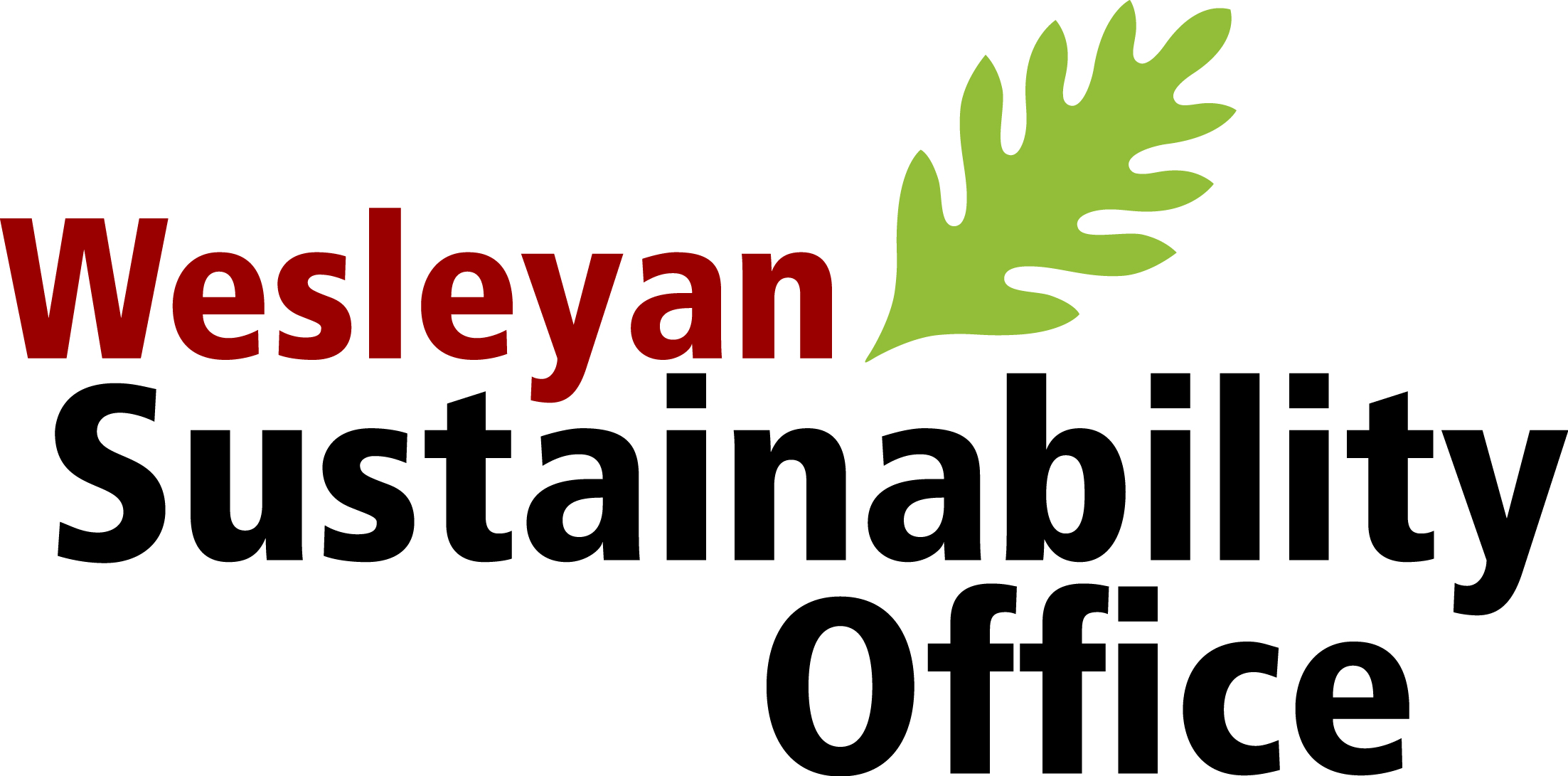Sustainability & Environmental Justice Courses
Academic Departments
Wesleyan currently has several academic units that house faculty whose interests may fall under the domain of sustainability and environmental justice. These include the College of the Environment and Earth & Environmental Sciences Department (most courses within these departments include sustainability and/or environmental justice), but not entirely or comprehensively so.
Additional courses are integrated throughout other academic departments, colleges, and programs at Wesleyan; for a sampling of courses offered historically, visit Wesleyan's 2023 STARS sustainability evaluation.
Course Cluster
In 2019, Wesleyan launched a course cluster in sustainability & environmental justice. Encompassing climate change, ecological sustainability, and environmental justice, this course cluster recognizes that sustainability and environmental justice are (or should be) central to public policy debates, scientific and intellectual inquiry, and the foundations of social and economic life. By framing sustainability and environmental justice together, we draw attention to equitable access to protection to all species without unfairly distributing risk of harm to some individuals and groups that live within them.
This course cluster is intended to cut across Wesleyan’s academic divisions and within all disciplines, whether natural, social, or humanistic modes of thought and practice. A course cluster also makes these courses easier to find for both students and faculty advisors (especially important as they cross both disciplinary and divisional lines), attract prospective students to Wesleyan, and raise awareness of this field among students and faculty. For a current list of courses offered, visit WesMaps.
Course Cluster Themes
Topics that fall within sustainability and environmental justice may include but are not limited to the following eight themes and questions:
- The relationship between power, social inequities and the development of just and sustainable communities.
- How diversity, including biodiversity and cultural diversity, contributes to sustainable systems.
- Dynamics of industrial production and mass consumption as they relate to environmental health and human well-being and explore strategies for developing sustainable life practices.
- How social systems promote, or fail to promote, cultures of sustainability, especially in terms of tolerance, non-violence and peace.
- How human well-being depends on ecosystem processes and non-toxic materials.
- The politics and economics of sustainable development including its social benefits and environmental costs raise critical questions about what development and progress mean for different communities.
- How science and technology shape the environmental realities and public health policies at both the local and global levels.
- Multiple ways of representing and understanding humans’ relationships to the environment, and how taken-for-granted metaphors and stories can promote or damage environmental and public health.
The Wesleyan Sustainability Office, with funding from the College of the Environment, offers pedagogical support to faculty on an ongoing basis, both increasing and sharpening course offerings in sustainability and environmental justice going forward. This is expanding the number of faculty and students focused on this vitally important area of scholarly and policy concern. See Sustainability & Environmental Justice Pedagogical Initiative for more information.
